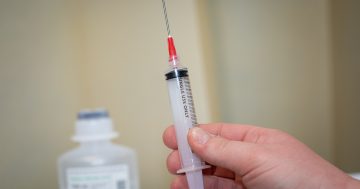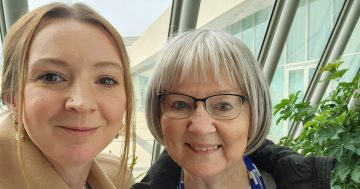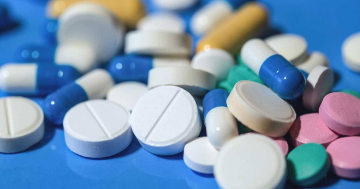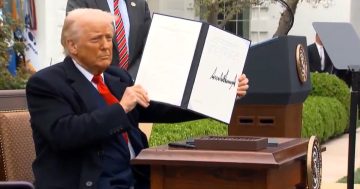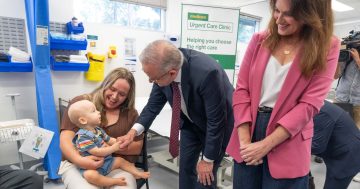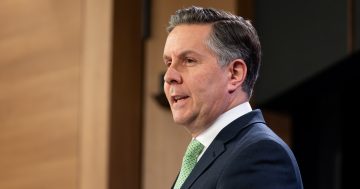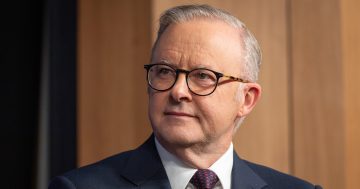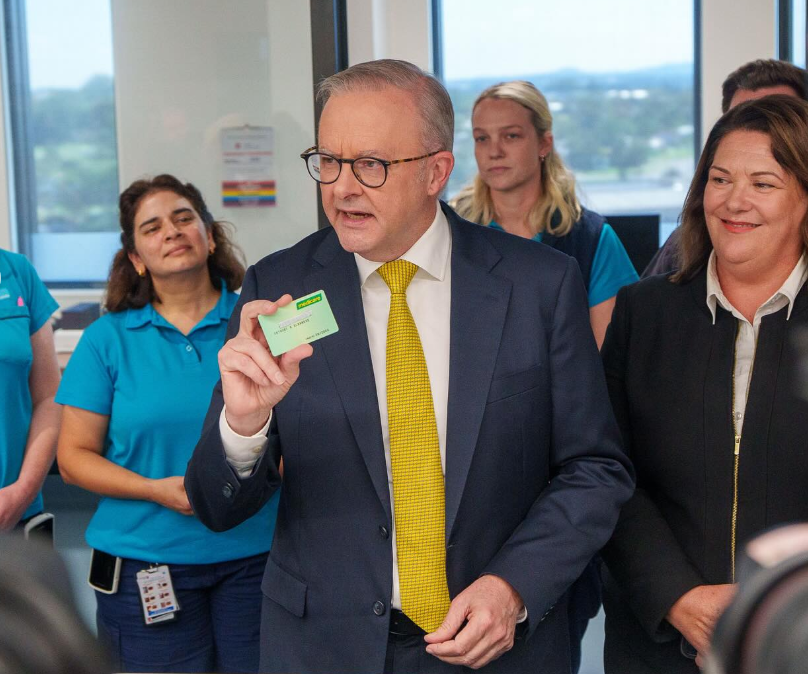
The Prime Minister at Maitland Hospital yesterday. He has put health front and centre in this campaign. Photo: Anthony Albanese Instagram.
As Donald Trump was announcing baseline tariffs on goods imported into the United States, the Australian Government was listing new medicines onto this nation’s subsidised scheme while promising to protect it.
Big pharma companies in the US are lobbying hard for the Trump administration to play hardball over Australia’s Pharmaceutical Benefits Scheme (PBS), saying that it places its products at a disadvantage in the Australian market.
President Trump has mentioned pharmaceuticals, but at this stage, they appear to be exempted from his tariff policy.
In response to the overall tariffs announcement, however, Australian Prime Minister Anthony Albanese made particular mention of the PBS and repeated that it wasn’t up for negotiation.
“The Pharmaceutical Benefits Scheme is an Australian institution, a proud Labor creation that my government has built on,” Mr Albanese said on Thursday morning, 3 April.
“The investments we’re making in the PBS mean that lifesaving and life-changing medicines, which would otherwise cost people thousands of dollars, will be no more than $25 a script. And under Labor, that will never be up for negotiation.
“We don’t want our health system to be more American. We only want it to be more Australian.”
Meanwhile, Health Minister Mark Butler named a handful of medicines added to the scheme this month.
He said the listing would allow more Australians, including children with brain cancer, to access new, affordable treatment options under the scheme.
Dabrafenib (Tafinlar) and trametinib (Mekinist) will be expanded for eligible children diagnosed with low-grade glioma (LGG) or high-grade glioma (HGG) who display the rare BRAF V600E mutation.
Gliomas are common forms of paediatric cancers. About 140 children are diagnosed with LGG each year, of which 10 or 20 will display the BRAF V600E mutation.
It is also estimated that 60 children will be diagnosed with HGG each year.
Gliomas occur in the brain and spinal cord and are the most common cancer of the central nervous system in children. Symptoms depend on the tumour location and include seizures, headaches, vision changes, memory loss, poor balance and difficulty in walking.
No medicines had been listed on the PBS to treat eligible children diagnosed with LGG or HGG.
Tafinlar and Mekinist work together to slow down or stop cancer cells from growing.
Momelotinib (Omjjara), discovered by Melbourne scientists in 2005, will also be available on the PBS for the first time to treat the rare bone marrow cancer myelofibrosis in patients who also have anaemia.
Mr Butler said this marked the first time in almost a decade that eligible patients with this debilitating bone marrow cancer had an approved and PBS-reimbursed new treatment option.
Myelofibrosis is diagnosed in about one in 100,000 Australians. At diagnosis, nearly a quarter of these patients require regular blood transfusions.
A rare type of blood cancer where the bone marrow is replaced by scar tissue and small proteins called cytokines, Myelofibrosis usually affects older adults.
The cancer causes an enlarged spleen and other symptoms, which can include fatigue, breathlessness, easy bruising and swelling, night sweats, fever and pain.
Omijara blocks certain proteins involved in the production and growth of blood cells. It reduces inflammation which can relieve symptoms, reduce swelling of the spleen and improve anaemia.
Now PBS funded, it is one of only a handful of Australian drug discoveries to be approved for use in the US and Australia.
Ravulizumab (Ultomiris) will also be listed on the PBS to treat neuromyelitis optica spectrum disorder (NMOSD), in which the immune system reacts against the body’s own cells and causes inflammation and damage to nerves in the eye and spinal cord.
The central nervous system disorder can cause blindness, weakness in the legs or arms, and painful spasms, as well as loss of sensation, vomiting and hiccups, and bladder or bowel symptoms.
Mr Butler said the PBS listing of these medicines meant eligible patients would pay a maximum of $31.60 per script or $7.70 with a concession card.
“If the Albanese government is re-elected, from 1 January 2026, patients will pay no more than $25 per script,” he said.
Original Article published by Chris Johnson on Region Canberra.


